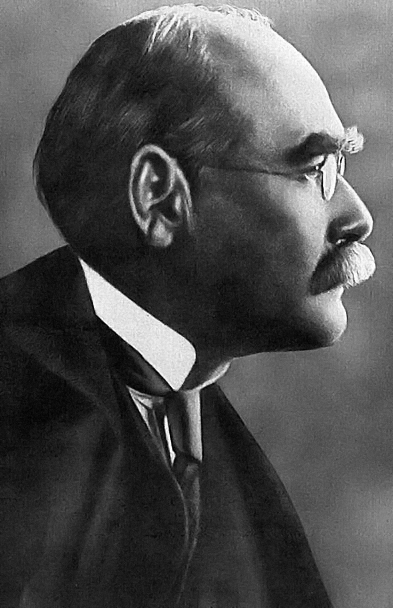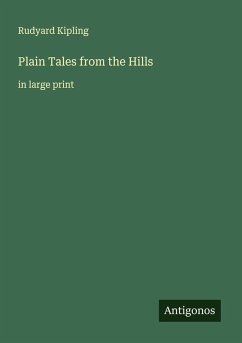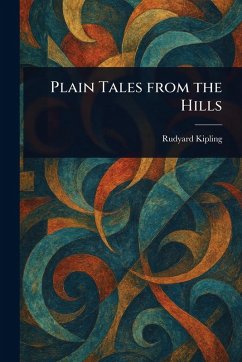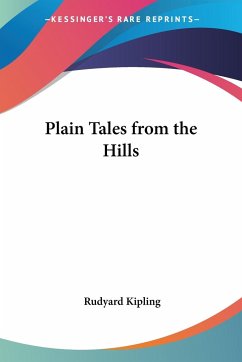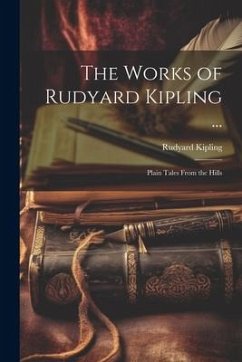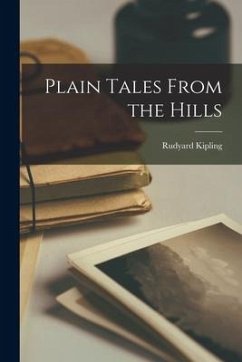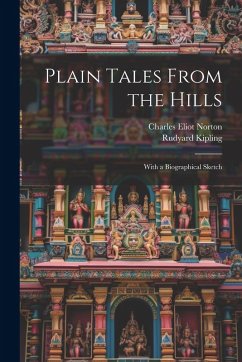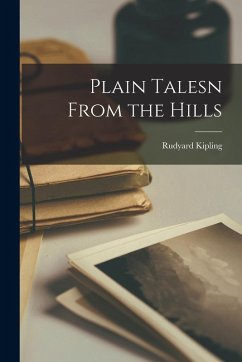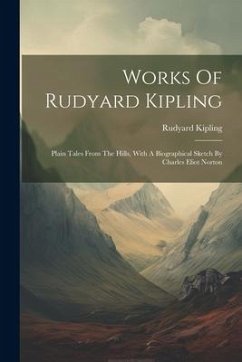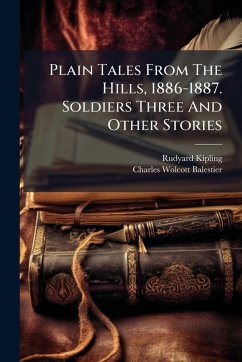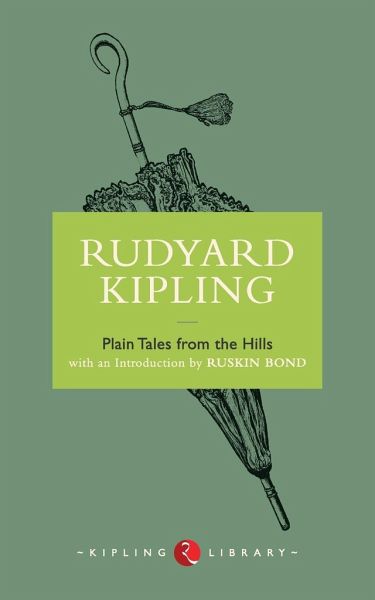
PLAIN TALES FROM THE HILLS
Versandkostenfrei!
Versandfertig in 1-2 Wochen
22,99 €
inkl. MwSt.

PAYBACK Punkte
11 °P sammeln!
Rudyard Kipling's first and best- known collection of short stories, Plain Tales the Hills is a colourful and intricate depiction of life in India during the British Raj. This collection, which brilliantly showcases Kipling's inimitable style, includes 'Miss Youghal's Sais', a tale of an impossible love,' In the House of Suddhoo', in which black magic is used to deceive an old man and 'Pig', in which vengeance takes an unusual, epistolary form. Humorous, occasionally tragic, these stories provide a unique perspective on the society of the times, particularly the apprehensions with which the ra...
Rudyard Kipling's first and best- known collection of short stories, Plain Tales the Hills is a colourful and intricate depiction of life in India during the British Raj. This collection, which brilliantly showcases Kipling's inimitable style, includes 'Miss Youghal's Sais', a tale of an impossible love,' In the House of Suddhoo', in which black magic is used to deceive an old man and 'Pig', in which vengeance takes an unusual, epistolary form. Humorous, occasionally tragic, these stories provide a unique perspective on the society of the times, particularly the apprehensions with which the races and classes approached each other.



